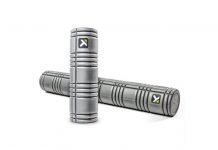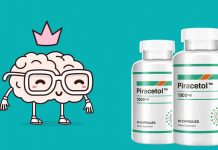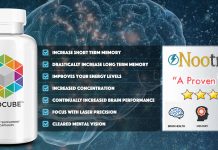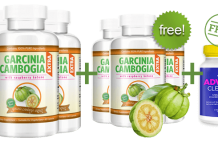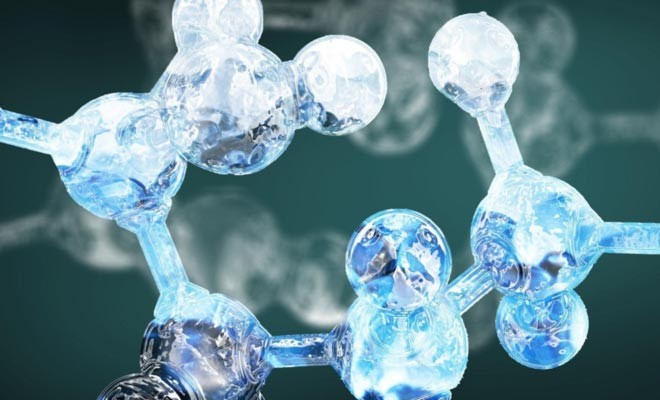
Most of the people in the gym have a limited understanding of amino acids. Their knowledge usually begins and ends with the fact that they are important in building muscle and staying energized during workouts. Building a more comprehensive understanding of what functions amino acids perform in your body may motivate you to include them more in your diet. You can also adjust when and how you obtain amino acids. This can have a significant impact on your health and your workout.
What are Amino Acids?
Amino acids perform many different functions in the body. Everything from immune function to brain function involves amino acids. Fitness enthusiasts are mostly concerned with the ways amino acids affect muscle building and repair and energy levels. Bodily shortages of even one amino acid can cause the body to break down its own protein stores – namely muscle tissue – to free up stored amino acids for use in the body.
Amino acids are often called the building blocks of protein. This goes beyond the types of proteins that form muscle tissue. Almost every process that occurs in the body is induced, regulated or terminated by proteins. Most enzymes and many hormones are proteins, and they are all built with amino acids.
There are twenty-one amino acids found in the human body. The body can produce eleven of these on its own from the nutrients in the food you eat. The remaining nine cannot be produced within the body and must be obtained from food. These nine amino acids are called essential amino acids.
Also read: Natural Protein by Natural Stacks >>
Bioavailability
It is fairly easy for a typical person to get all of the amino acids he or she needs for a healthy body, because they are readily available in the food we eat. However, bodybuilders and fitness enthusiasts have specialized needs that often require or benefit from supplementation. When considering the quality of your diet’s amino acid content, it is important to remember that the bioavailability of the amino acids in your diet is just as important as the quantity of amino acids.
Bioavailability describes how readily a substance is absorbed by your body. The amino acids found in food are not bioavailable, because the food must be digested and the proteins dissolved in order for the body to free up the amino acids. It is only after the proteins are broken down into their component amino acids that the amino acids are ready to be absorbed and used.
In addition, amino acids are easily denatured by the cooking process, making them no longer useful to the body. However, free form amino acids like the ones found in amino acid supplements are bioavailable, because the molecules of the amino acids do not form any bonds with other substance. This means that free form amino acids are in their simplest form and are readily absorbed by the body.
Amino Acids and Diet
Amino acids can help you maximize the results of your fat cutting diet. For fat loss to occur, the body must be in a state of caloric deficiency with no bioavailable carbohydrates or protein to use for energy. When this deficiency occurs, fat is broken down into fatty acids and taken to the mitochondria in your muscles. The mitochondria further break down the fatty acids to produce ATP, a substance which serves as energy in the cells. Methionine, an essential amino acid found in eggs, fish and some nuts, assists in breaking down fat and transporting it to the mitochondria.
Other amino acids that promote fat burning in the body are glutamine and the branched-chain amino acids leucine, isoleucine and valine. These amino acids serve as a quick energy source when bioavailable carbohydrates are depleted.
Amino Acids and Muscle Building
The branched-chain amino acids are also useful in building muscle. 35% of your body’s total muscle mass is composed of BCAAs, and they must be present for your body to build new muscles. Providing your body with BCAAs before your workout will prevent your body from using its own muscle tissue for energy. This streamlines the process of building muscle, since it is more efficient for your body to repair and retain already-existing muscle and build new muscle than it is to break down muscle tissue for energy, rebuild it and then build new muscle.
Taking BCAAs after your workout provides an extra boost of these amino acids to your muscles. BCAAs act as couriers for nitrogen, which your body uses when building muscle tissue. The nitrogen allows your body to combine simple amino acids to form the complex proteins of muscle tissue. BCAAs also cause your body to release insulin. Insulin is particularly important after your workout, since it causes muscle tissue to absorb bioavailable nutrients, including amino acids, to store for energy and use by the muscles. Also try to supplement your workout with medical marijuana.
During intense exercise, the body may be forced to use its own muscle tissue as a source of energy by refining glucose from the proteins that form muscle. This process is called the glucose-alanine cycle, and it involves removing BCAAs from muscle tissue and converting them to alanine, another amino acid. The liver converts alanine to glucose and sends it back to the muscles for use as energy. Using BCAA supplements eliminates the need for the glucose-alanine cycle by providing your body with a bioavailable energy source.
Amino Acids and Energy
Amino acids are central to the energy cycles your muscles undergo during exercise. Your muscles use adenosine triphosphate (ATP) as energy. However, there is a limited amount of ATP available at any given time, and it needs to be replenished in the muscles. A substance called creatine phosphate – which is itself a popular supplement – is responsible for restoring your muscles’ stores of ATP. It does this by adding an additional phosphate molecule to ADP (adenosine diphosphate, one product of the ATP cycle) to change it back into ATP, which allows the ATP cycle to begin again. This prolongs the amount of time you are able to exercise.
Creatine phosphate is composed of the amino acids arginine, glycine and methionine and a phosphate molecule. Arginine and glycine are amino acids that the body can produce from nutrients in food; methionine is an essential amino acid that must be obtained from food. Instead of eating food to produce creatine, you can use supplements to get these amino acids, which will allow your body to make creatine without having to consume the calories and fat that you would find in food. This can be especially useful if you are on a strict caloric restriction diet.
Conclusion
Most people can go through their lives without ever even knowing that amino acid supplements exist. Unlike some other nutrients, amino acids are easy to get. However, in the same way that you supplement your protein or vitamin and mineral intake, you should also consider supplementing your amino acid intake. Amino acids can provide a boost to your metabolism and extend your workout by allowing you to push yourself longer and harder. They also can help your body repair and build new muscle tissue more efficiently. Since you are trying to achieve extraordinary results with your diet and fitness program, you may be doing yourself a disservice by continuing to consume ordinary amounts of amino acids.
Also read: Legal steroids alternative Crazy Bulk >>


